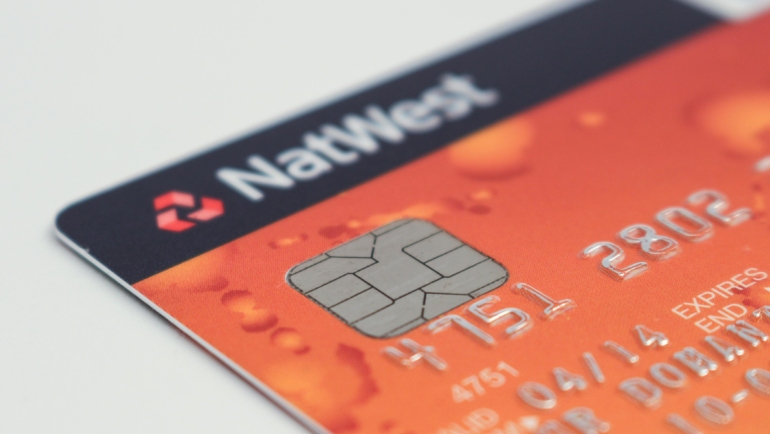For small businesses, personal relationships can be their most valuable asset. While large corporations rely on extensive marketing and global reach, small businesses often thrive by building strong connections within their communities. These personal relationships drive loyalty, trust, and ultimately, growth in local markets. In today’s economy, where consumers are more mindful of where they spend their money, the importance of relationships between business owners and customers cannot be overstated.
In many ways, small businesses have an edge over larger competitors when it comes to customer engagement. They have the ability to know their customers personally, remember their preferences, and offer personalized service. This kind of attention to detail helps local businesses stand out and build lasting relationships that fuel long-term success.
The Power of Trust and Loyalty
Personal relationships foster trust, and for small businesses, trust is critical. Customers who feel valued and appreciated are more likely to return and recommend the business to others. This word-of-mouth marketing is invaluable, especially in local markets where reputation can make or break a business.
“In our business, relationships are everything,” says Maria Gomez, owner of a local bakery in Phoenix. “We know most of our customers by name, and they know us. That connection keeps them coming back, and they bring their friends and family too.”
Trust is especially important for small businesses in competitive markets. While large chains may offer lower prices, small businesses that build trust through quality products and attentive service can create loyal customers who are willing to pay a premium for a more personal experience.
Deepening Community Connections
Local businesses are often deeply embedded in their communities, which allows them to build connections that larger companies can’t replicate. From sponsoring local events to participating in neighborhood gatherings, small businesses play a key role in community life. These interactions help build relationships with customers beyond the transaction, reinforcing a sense of loyalty.
“Being involved in the community is a huge part of what we do,” says Jordan Marks, who runs a local hardware store. “People don’t just come in to buy a hammer—they come to ask for advice, share what’s happening in the neighborhood, or just say hello. That’s what makes us different.”
Small businesses often serve as more than just a place to buy goods or services. They become gathering spots where people connect, share news, and feel a sense of belonging. This community involvement helps businesses build a network of loyal customers who view the company as an integral part of their daily lives.
Personalized Customer Service
One of the biggest advantages small businesses have is their ability to offer personalized service. In an age where many consumers feel like just another number to large companies, small businesses can stand out by tailoring their services to meet individual needs.
From remembering a customer’s favorite order to offering advice on a specific product, this personal touch can make a big difference. Customers appreciate feeling seen and heard, and this personalized service builds stronger relationships over time.
“People come back because we remember them, their preferences, and what they like,” says Susan Kim, who owns a small boutique. “That kind of service is hard to find in bigger stores, and it’s a big part of why we’ve grown over the years.”
Navigating Challenges with Personal Connections
Personal relationships are also critical when small businesses face challenges. Whether dealing with supply chain issues or navigating economic downturns, small businesses that have built strong connections with their customers often find that loyalty pays off in hard times.
During the pandemic, many small businesses relied on their customer relationships to stay afloat. Local patrons, wanting to support their favorite spots, went out of their way to order takeout, purchase gift cards, or shop online. These loyal customers helped keep many small businesses alive during difficult periods.
“Our customers were there for us during the worst of the pandemic,” says Leo Torres, owner of a small restaurant. “Because we’ve built relationships with them over the years, they showed up for us when we needed it most.”
Looking Ahead: The Future of Local Growth
As small businesses continue to navigate a competitive marketplace, the power of personal relationships will remain a key driver of growth. In a world where consumers are increasingly seeking meaningful connections and personalized experiences, small businesses are well-positioned to capitalize on these trends. By building trust, staying connected to their communities, and offering personalized service, small businesses can continue to grow and thrive in local markets.


